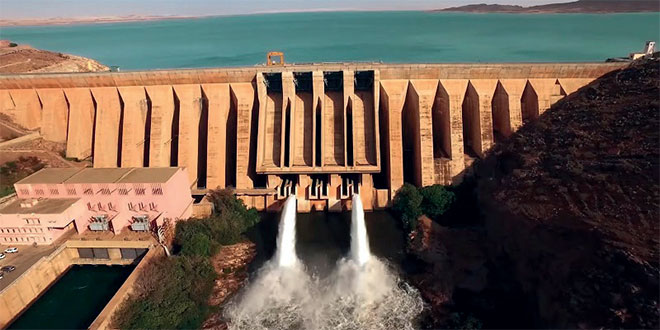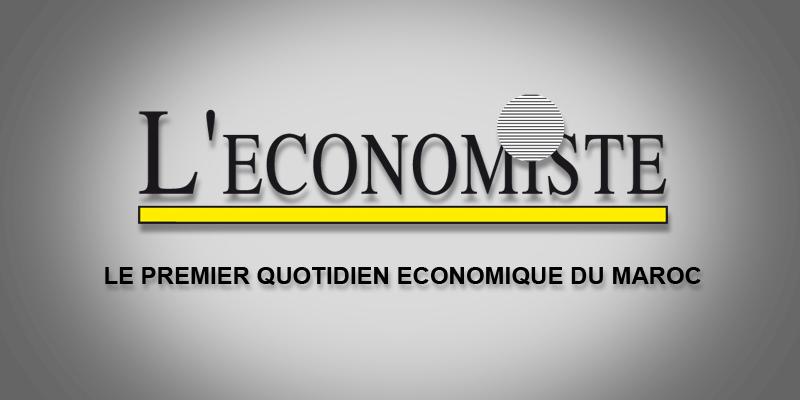The second and final tranche of the national irrigation water saving program, to be deployed over 25,000 hectares in Loukkos and Doukkala-Abda areas, is drawing to a close. According to the African Development Bank (AfDB), which is financing the program, 23,000 hectares representing 81% of the program have already been covered, out of the target initially set, when the program was launched in early August 2017.

This leaves 2,000 hectares of farmland to be converted by the end of the current year which is the new deadline for extending the program, this being the situation after the long standstill induced by the recurrent droughts that have affected the Kingdom in recent years, drying up the river basins in general, and the Massira dam in particular, on which the program relies to supply the targeted areas.
In terms of completion rates, the Loukkos region is standing at 85%, while the Doukkala-Abda region is only standing at 74%. The share of productive water was 40%, and that of energy savings 25%, at the end of last May, according to the AfDB. In terms of infrastructure and external conversion work, i.e. laying pipes and installing pumping, regulation, and filtration stations, has been completed on 23,000 hectares. « The aim is to continue this work on the rest of the targeted farmland «, says AfDB. Acceptance tests for works in the Doukkala area, which were disrupted by the drought and the unavailability of water in the Massira dam, also went well. The awarding of contracts (works, goods, and services) and the execution of signed contracts are also proceeding on the whole without any major problems, which should enable the majority of the project’s targets to be met, in particular the bulk of the work on the equipment conversion infrastructure.
To achieve this, AfDB has issued three recommendations. The first one is to implement the planned support for farmer capacity-building. During its evaluation mission to the Kingdom last May, the Bank noted that there was a major delay in the organization of training sessions for farmers. AfDB also recommends speeding up the installation of localized irrigation systems on plots of land, and, last but not least, to implement actions and services to support farmers in developing and adding value to their produce.
Aziz DIOUF


























